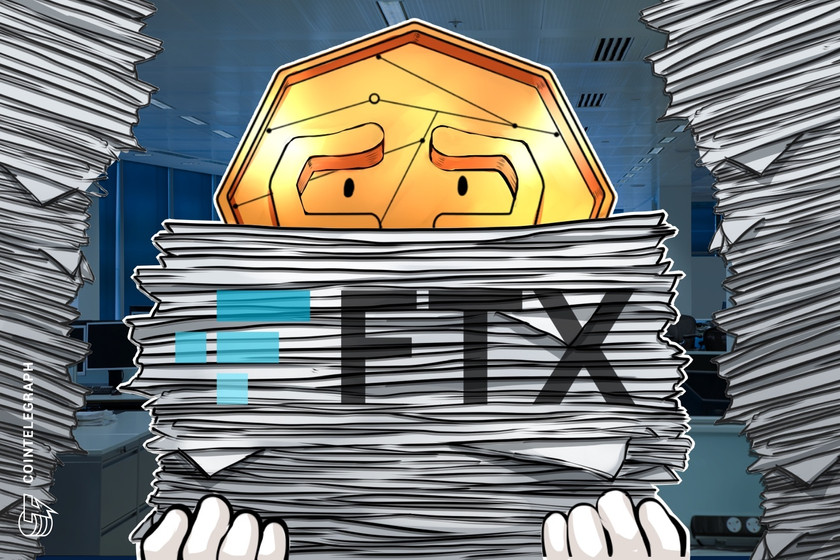Aussie FPA supports ‘crypto rule book’ and regulation of exchanges
The Financial Planning Association of Australia (FPA) has shown its support for the “crypto rule book” idea and called for regulating exchanges instead of crypto assets.
In May, the Australian Law Reform Council (ALRC) proposed to tackle crypto regulation through a rule book-style framework which sets out a series of gradually updated compliance principles for local crypto firms to adhere to.
The comments came via a submission to the Treasury by FPA’s head of policy, strategy and innovation, Ben Marshan, who also argued that the regulation of crypto exchanges should fall under the current financial services regime and not under a new separate legal framework.
“Firstly, it would create an alternate, duplicate regulatory regime to regulate what at the core is the purchase and holding of a financial asset to either retail or wholesale investors.”
“Secondly, it would require existing financial service licensees to apply for and hold a separate type of license, adding to cost and regulatory duplication,” he added.
Mashan also emphasized a need to roll out greater consumer protections for local Australian crypto users and highlighted that regulating secondary providers (crypto exchanges, brokers etc.) is the best way to do this.
“The regulation of a financial product or service should not depend on the technology which underlies the asset,” he said, adding that “it would be virtually impossible to regulate the product because it’s so decentralized, they’re in all sorts of foreign jurisdictions.”
Focusing regulation on crypto service providers will remove a lot of “complexity” from the equation given the rapidly evolving nature of blockchain tech and crypto, argued Mashan, adding that the ALRC’s crypto rule book idea for firms to follow “makes sense.”
“It makes it a lot easier because instead of having to work your way through thousands of pages of the Corporations Act people can go to a specific section, and it’s much more efficient.”
Speaking with Cointelegraph, Ryan Parsons, the co-CEO of local crypto exchange Swyftx, echoed the calls from Mashan and noted that his firm wants to see “sensible measures that support consumer protections” enacted soon so that Australia doesn’t risk falling behind the United States and European Union:
“Our preference is for crypto platforms to operate within the existing financial services licensing framework, albeit in a way that accounts for the unique characteristics of digital assets.”
“We think this is the best way to reduce complexity and cost, as well as build confidence in crypto as an asset class among Australian investors,” he added.
Related: Chainalysis tips Australia will crack down on misleading crypto ads
Another key idea highlighted in the ALRC’s report was to introduce the Twin Peaks regulatory model, in which regulation is split between one entity that is tasked with overseeing the maintenance of financial system stability while the other takes care of institutional market conduct and consumer protection.
The same model is used in Australia’s financial regulatory system, with the Australian Securities and Investments Commission (ASIC) in charge of good market conduct and consumer protection, while the Australian Prudential Regulation Authority (APRA) is responsible for financial system stability.
Since the Liberal party was emphatically booted out of government in May, the regulatory landscape of crypto in Australia has become uncertain as the Labor party appears to have other fish to fry.
As it stands, Labor is yet to provide any concrete initiatives but has outlined that introducing greater consumer protections in crypto will be a key area of focus.









